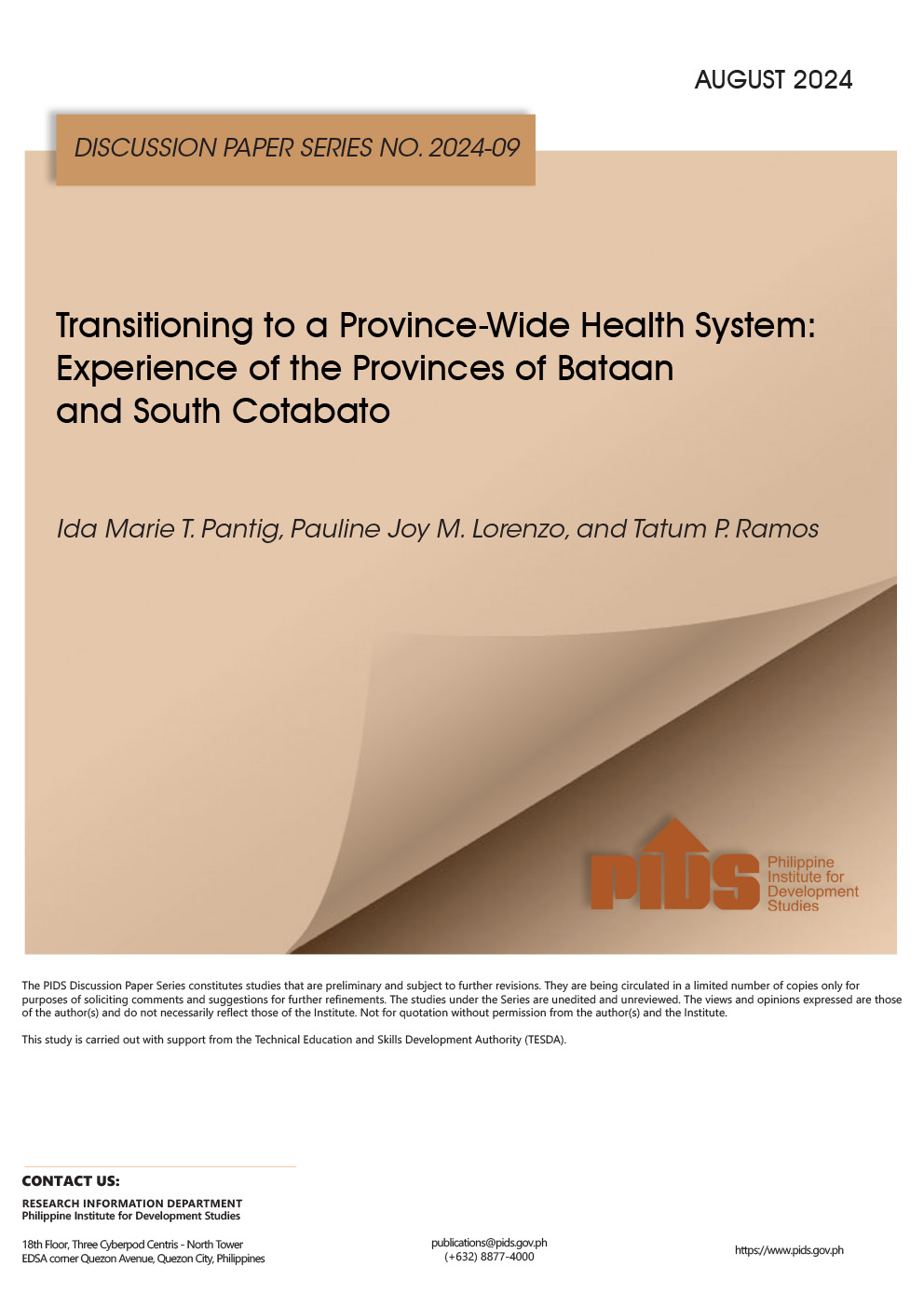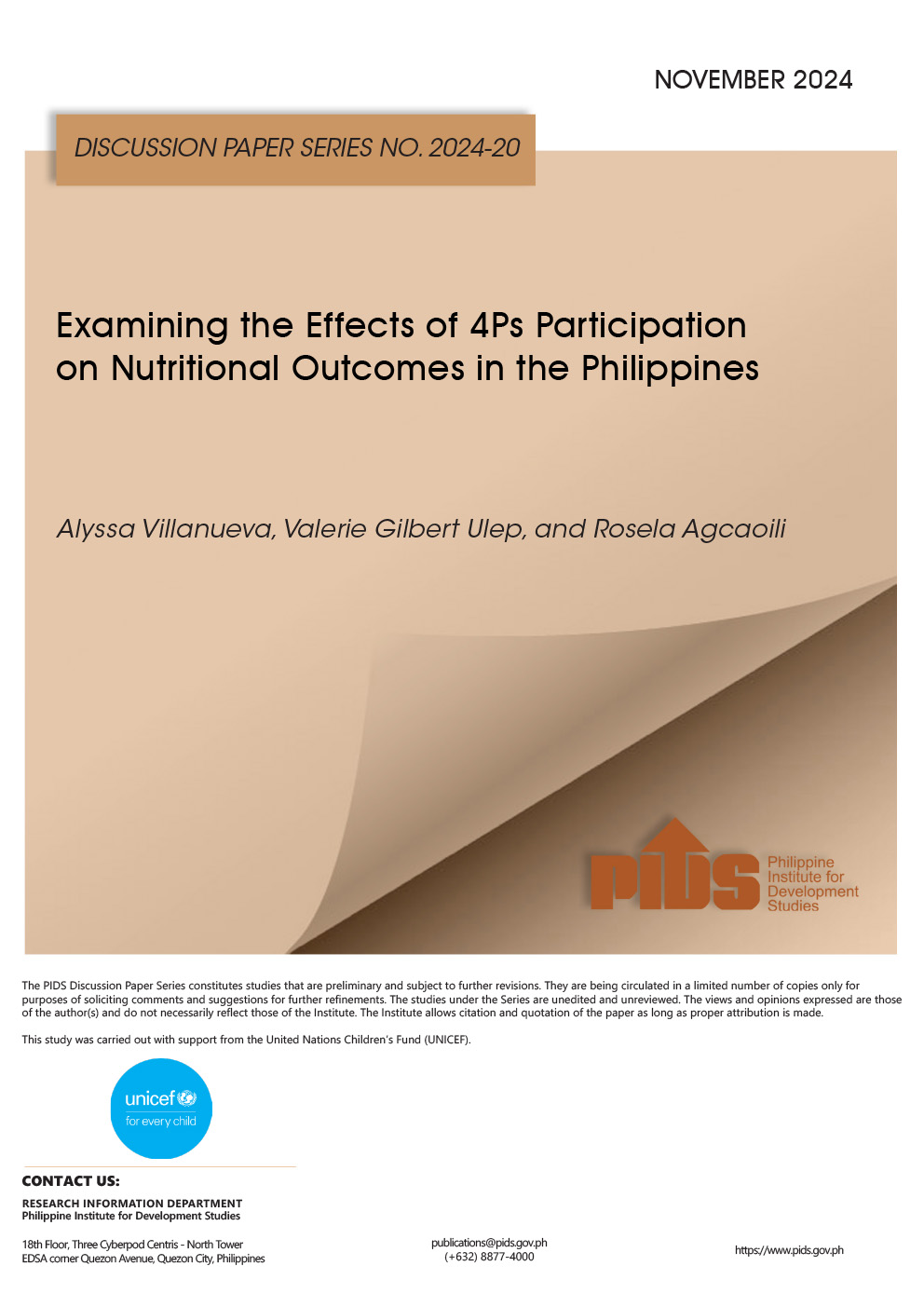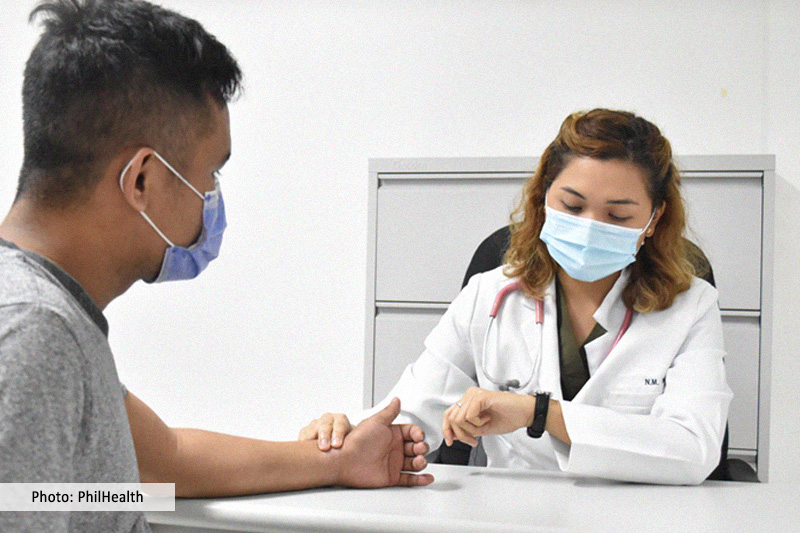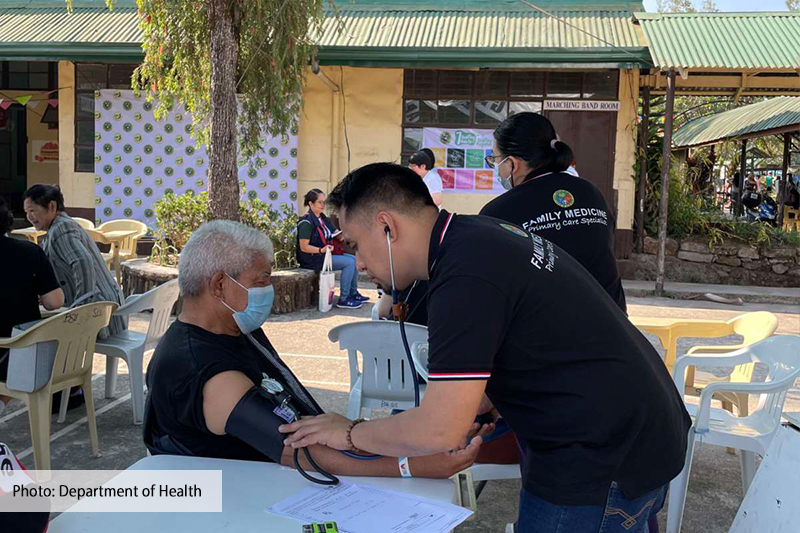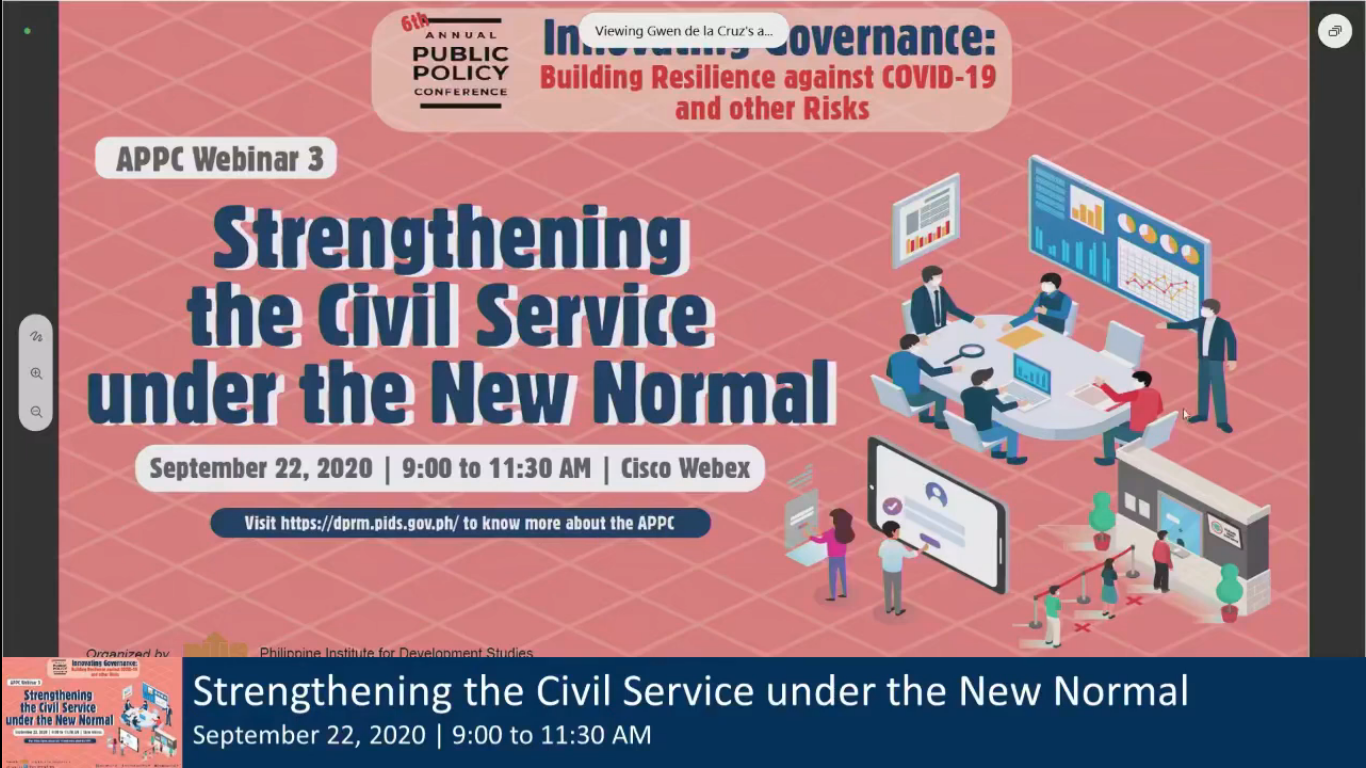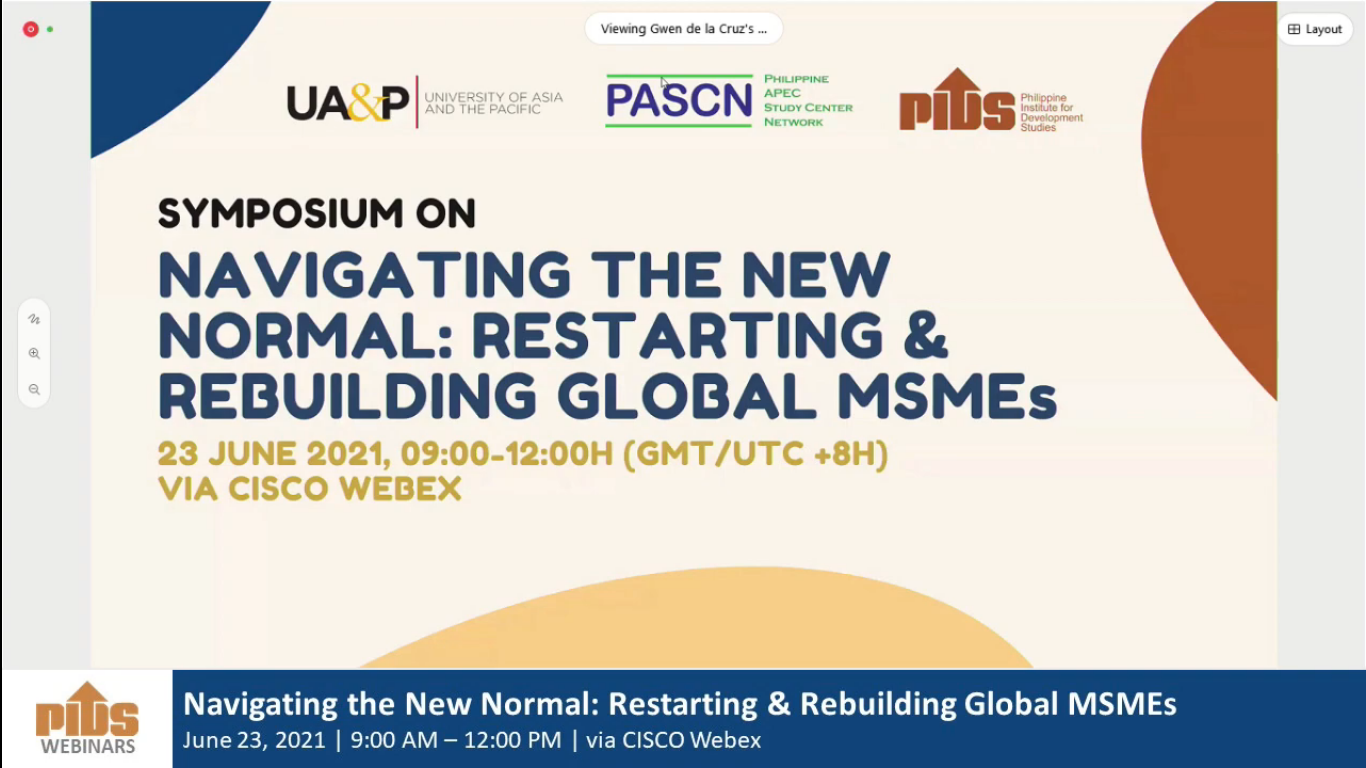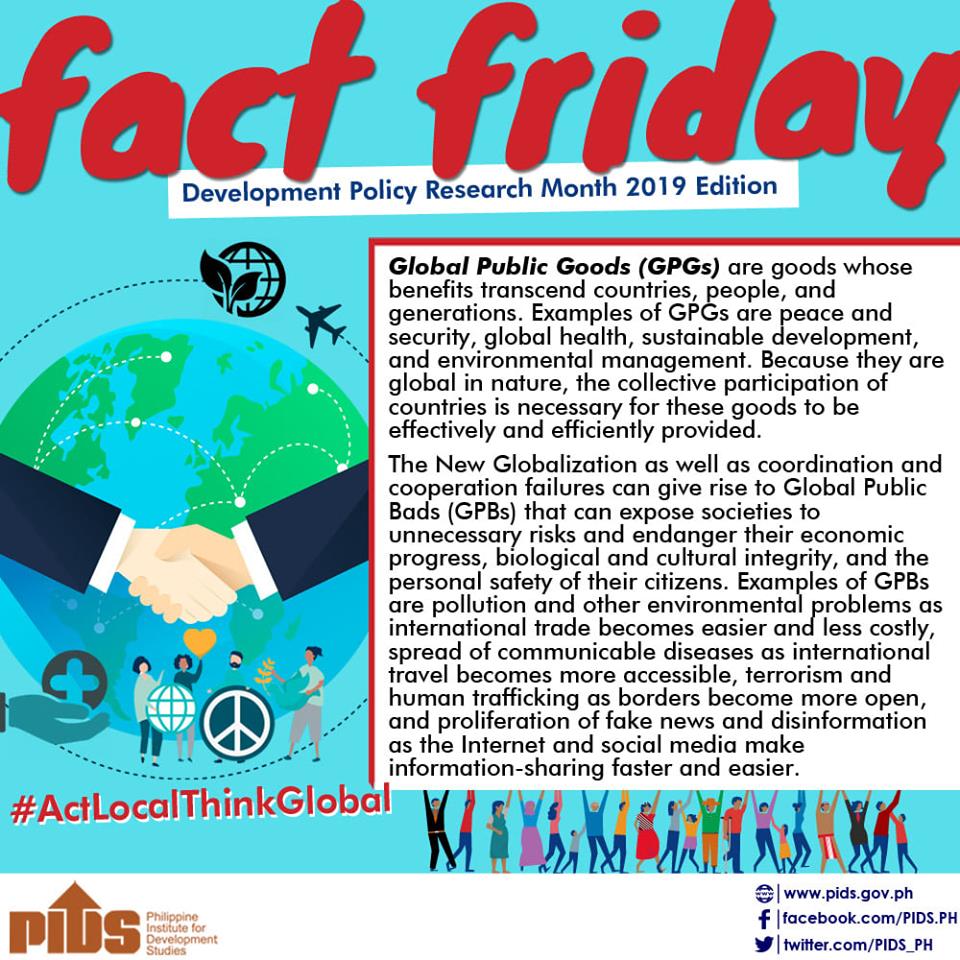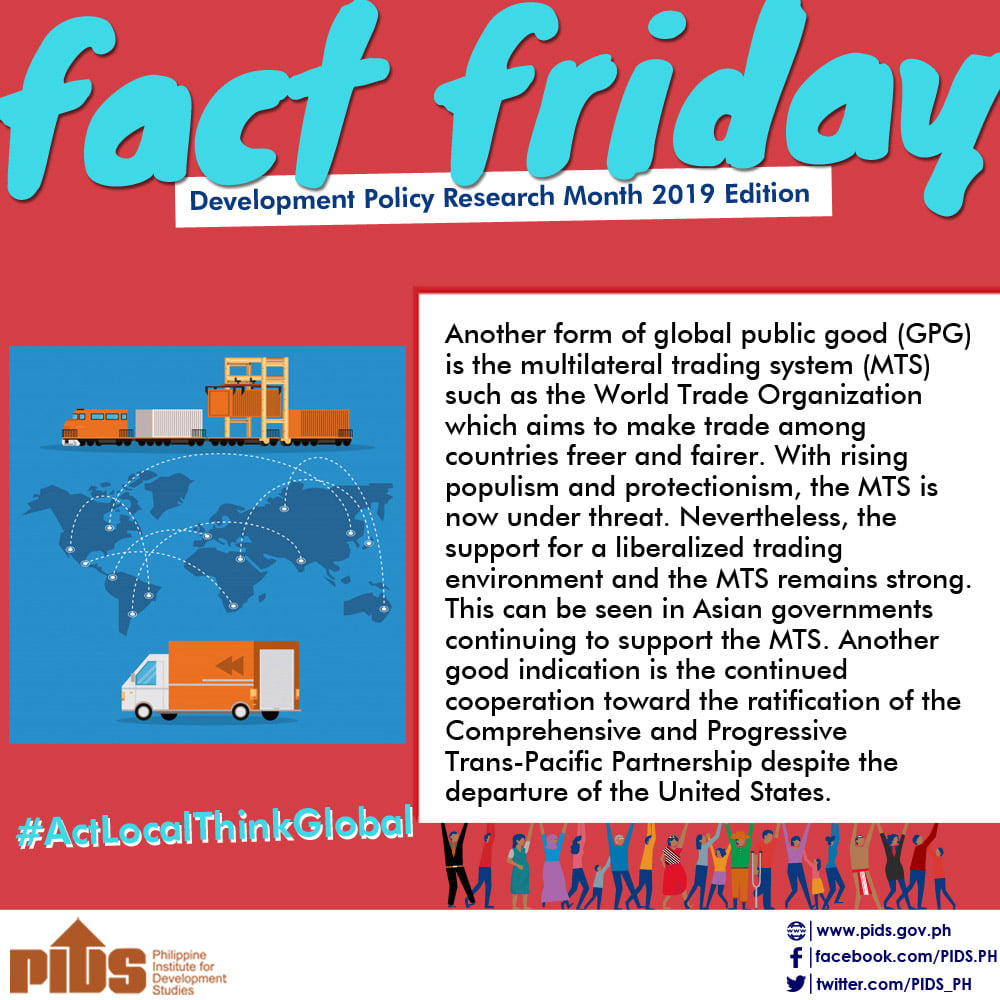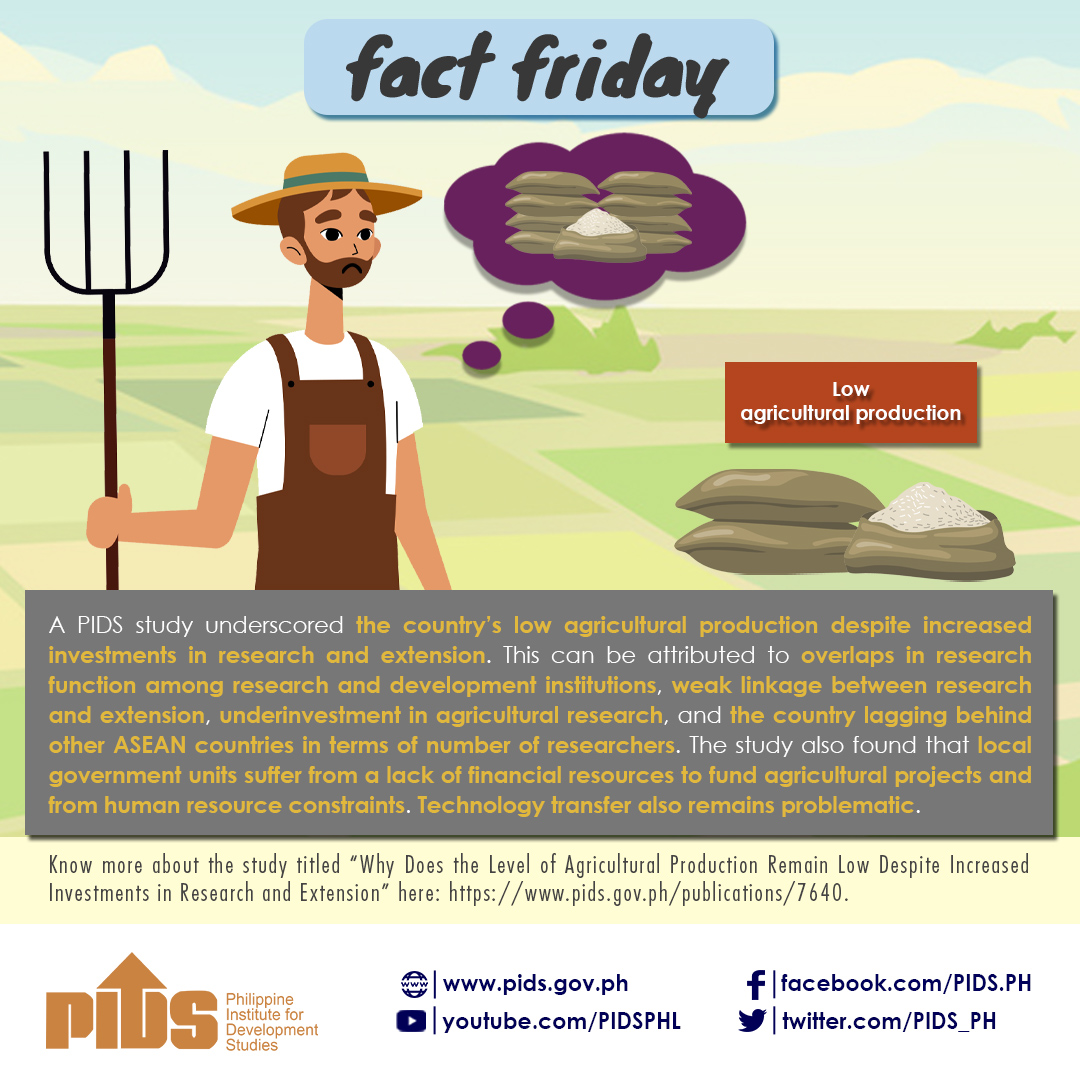Breast and cervical cancer screening is extremely low in the Philippines compared to upper-middle and high-income countries, Valerie Ulep, a senior research fellow at the Philippine Institute for Development Studies, said in a study.
Cancer’s overall economic burden is costing the Philippines P35.3 billion each year in actual medical cost, wasted opportunity and foregone productivity, Ulep also said in the study.
Wonder drugs and modern equipment now available here can save more lives if the public is more aware of preventive screening. While cancer is now treatable due to modern medicines including target therapy, prevention is lacking because “many Filipino women do not have access to preventive screening” for breast and cervical cancer.
To intensify cancer screening, advocates like Cancer Coalition and Citizen’s Watch are pressing Congress to increase its roughly P1-billion annual budget for the Department of Health’s anti-cancer program.
Prevention is best but in case illness has set in, the P1 billion can only help 200 patients who need to go through 18 cycles of targeted or chemotherapy which costs a total of around P450,000 per patient.
Data show that around 27,000 new breast cancer incidences are reported each year here with 9,000 of previously registered patients dying.
Money wasted, however, could have been put to better use thus preventing more cancer deaths, according to another study.
In June 2020, the Economist Intelligence Unit’s experts revealed that in the Philippines, cancer was the third killer disease in 2017.
There have been suggestions for Congress to give DOH at least P5 billion each year to save lives and prevent unnecessary cancer deaths.

